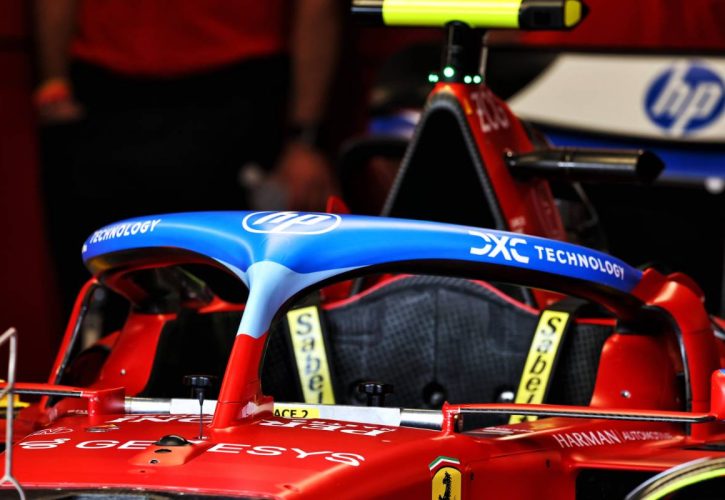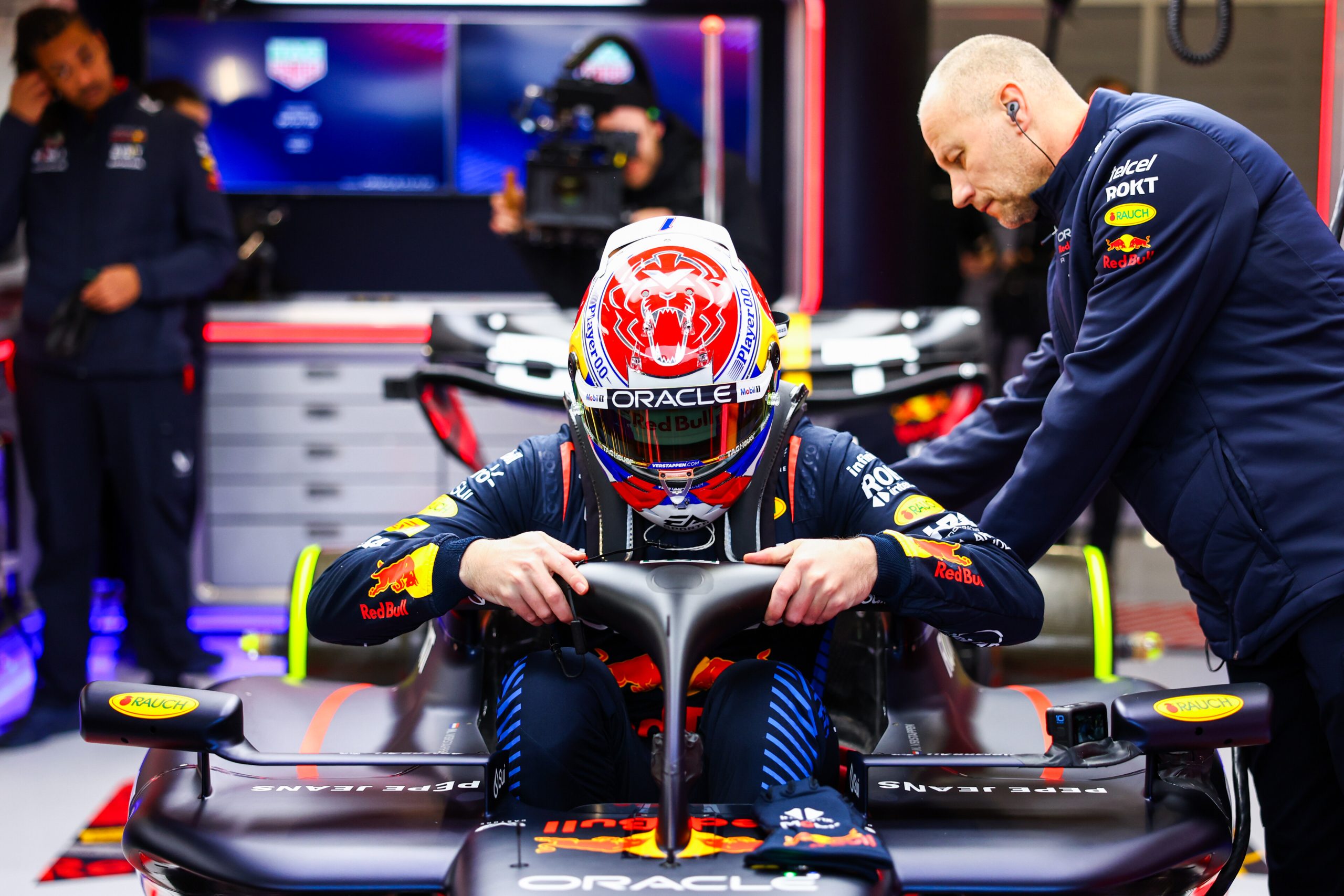
The FIA has initiated a tender process for a new lightweight halo that will be introduced in 2026 in a move aimed at supporting F1’s efforts to decrease the weight of its cars.
As the sport prepares for a major rules overhaul in 2026, Formula 1 is on a mission to slim down, and the FIA is tackling the issue of car weight from multiple angles.
One key area of focus is the halo, the now-mandatory cockpit protection device.
While the safety component has been credited with saving lives in serious accidents, its weight –currently 7 kilograms – has contributed to the overall weight gain of F1 cars in recent years.
This increase runs counter to FIA's goals for a lighter, more nimble future generation of F1 cars.
Enter the lightweight halo initiative. The FIA has opened a tender for a new halo design constructed from a titanium alloy, with an ambitious weight reduction target of 1 kilogram.
This might seem like a small step, but it's significant considering the immense forces the halo is designed to withstand in the event of a crash.

Safety remains paramount. The FIA assures that the "lightweight" halo won't compromise driver protection. The new design will undergo rigorous testing with forces exceeding 125 kilonewtons to ensure it meets the same stringent safety standards as the current halo.
The tender document also specifies the use of a titanium alloy, the same material currently employed in F1 halos.
While heavier steel versions exist in lower racing categories with lower potential impact speeds, titanium remains the preferred material for F1's high-performance environment.
The quest for a lighter halo represents a significant step towards a lighter, faster future for Formula 1, and the FIA's initiative demonstrates their commitment to balancing technological innovation with unwavering driver safety standards as the sport enters a new era.
Keep up to date with all the F1 news via Facebook and Twitter







